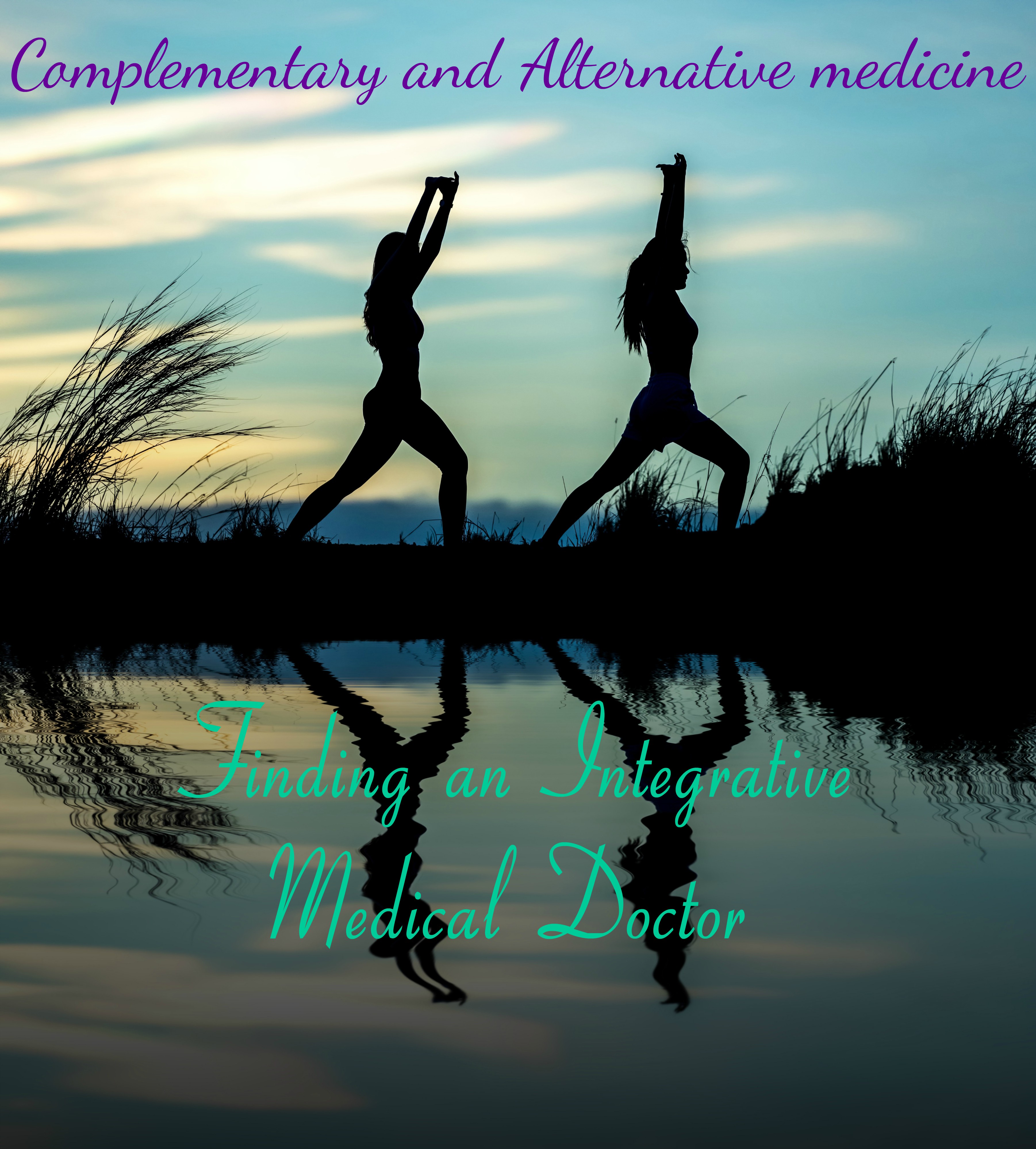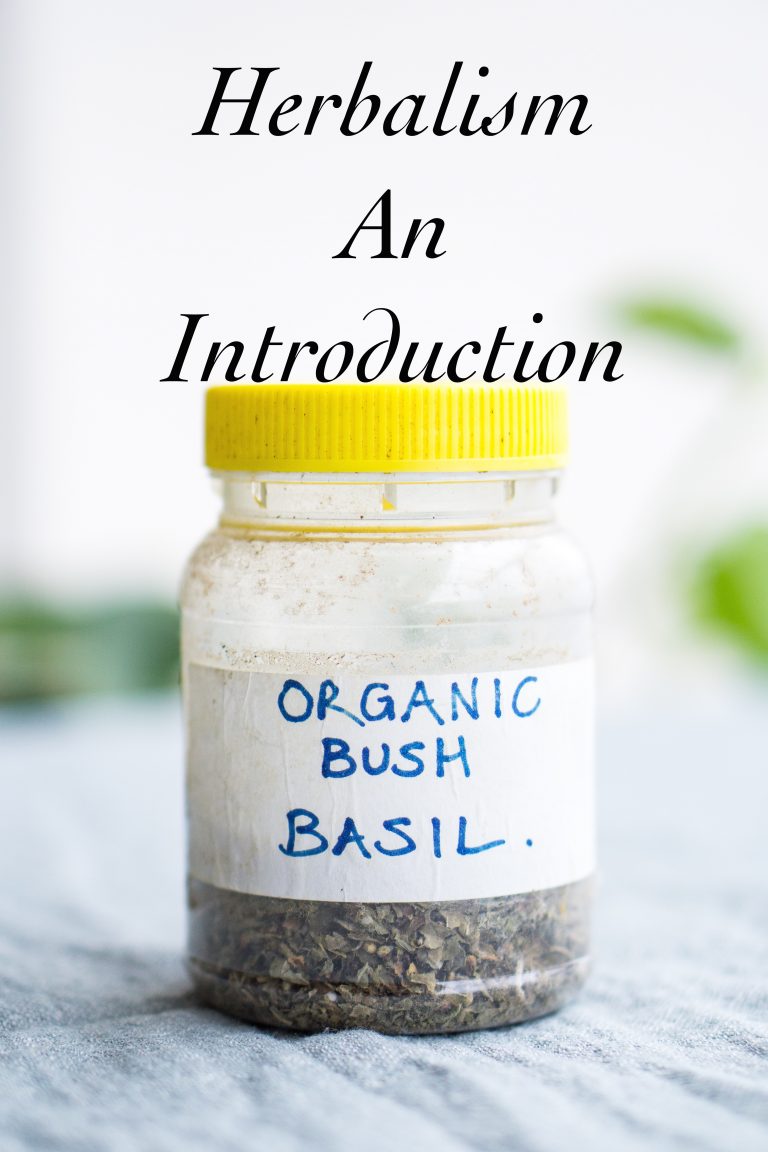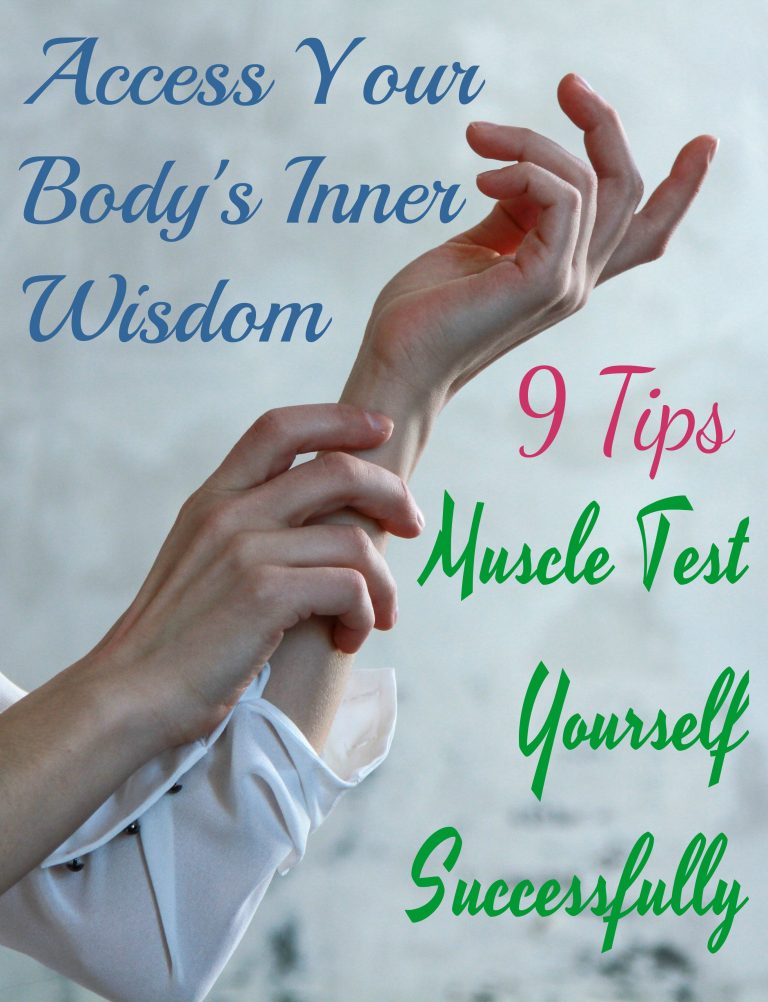Complementary and Alternative Medicine
The Western Training
Education
- I always feel like people see disparity when talking about western medicine or complementary/alternative medicine. I think this is because a massive shift in the human consciousness is taking place. More and more people are realizing that while we are getting sicker, the typical guardians of health seem to come up short. But this does not make sense to me. If my time in medical school has taught me anything, students acquire massive financial debt to feel the pressure of memorizing VOLUMES of information! The latest in medical research only adds to what we need to know before graduation. And after spending 3 – 7 years training in residency, we realize that our knowledge in medical school is tantamount to a preschooler learning his/her ABC’s! We already know A LOT and I am STILL looking forward to a lifetime of learning and practice in the art of medicine.
Realization
- However I slowly began to realize that what I am learning seems restricted. This was made obvious to me on my rotation of pain management. Patient after patient would come in with the chief complaint of pain. The pain could have been anywhere in the body! I helped determine the diagnosis and treatment plan for each patient. While the diagnosis may vary, the treatment options were not so broad. We always tried physical therapy and lifestyle changes first. But if that did not work, pain killers, steroids, and surgery were the mainstays of treatment. I was OK with those treatment options until I saw that patients kept coming back! So what was the solution? The only thing a western trained doctor can do is fall back on his/her knowledge. This meant that we would increase the dose of that pain killer; administer another dose of that steroid; try that surgery again. A few more patients might find relief the second time around. But they would have to come back for refills on meds or follow up to ascertain complications that might develop from a procedure. Basically, treatment is restricted by knowledge of the PHYSICAL body.
The Western Value
- Everything centered around the physical body ALONE. This approach is absolutely wonderful when contending with heart attacks, strokes, contusions, lacerations, broken bones, and anything else that needed IMMEDIATE medical attention. If I got into a bone-mangling accident, or going into anaphylactic shock, or just got stabbed or shot (amongst other traumatic events) I want a surgeon! Why? Because time is of the essence!
Time to Kill
- But what if I have time? Chronic illness is rampant in my country. Is that autoimmune disease an emergency? Or that mental illness an emergency? How about diabetes? These can be potentially life threatening (and make sure you consult with your doctor to make that determination). However these things tend to develop over YEARS (There ARE exceptions and DO warrant immediate medical attention)! But western medicine seems to treat everything as though it’s ALL an emergency! As though every single malady is strictly a malfunction of the body! But what if it is not? What if the body simply manifests something that’s going on at a metaphysical level? I believe this is where Complementary/Alternative medicine steps in BEFORE the disease strengthens its grip on the body.
What is Complementary/Alternative Medicine?
- We need to understand which term is appropriate in a given context. Complementary medicine is practiced ALONGSIDE conventional medicine (Therefore the two types of medicine are used to complement one another). Alternative medicine is practiced INSTEAD of conventional medicine (but can complement conventional medicine if the patient chooses to pursue both types of treatment). I will elaborate with examples.
- Complementary medicine – A person with cancer is treated with surgery, chemotherapy, and/or radiation according to conventional methods his doctor prescribes. This patient will simultaneously begin practicing Qi Gong and proper nutrition to enhance the effects of conventional therapy.
- Complementary medicine can morph into Alternative medicine if the patient decides to pursue treatment without any of the recommendations of a Conventional medical practitioner.
- Alternative medicine – A person with psoriasis chooses to undergo acupuncture as the sole method of diagnosis and treatment.
- Alternative medicine can morph into Complementary medicine if the patient decides to pursue Conventional therapy alongside their acupuncture treatment.
- Complementary medicine – A person with cancer is treated with surgery, chemotherapy, and/or radiation according to conventional methods his doctor prescribes. This patient will simultaneously begin practicing Qi Gong and proper nutrition to enhance the effects of conventional therapy.
- Both of these options are named in relation to Conventional medicine. And Conventional medicine is based on scientific research of the physical human body. While there is research on complementary and alternative practices of medicine, the scientist focused on the material world may argue that if an experiment cannot be observed directly by the 5 senses, then it does not exist. As a result, the METAphysical body (our body that exists above the physical plane of existence) is unfathomable to the typical western-trained doctor. BUT there are exceptional Doctors!
My Wonderful Experience with Complementary/Alternative Medicine!
- I had the great fortune to do a rotation in Complementary/Alternative medicine! Every thing I saw just made me more and more excited! I saw nutrition and food sensitivity testing taken to a whole new level! Heavy metal and toxin testing I never once considered during my “normal” curriculum. I saw acupuncture for the first time and felt privileged to follow a trained acupuncturist for a day! My mind was blown when I saw energy medicine in practice! Every single day was an absolute treat!!! And I am forever grateful to these doctors! Here’s the kicker… They were all classically trained Medical Doctors! The people I worked with went to a western oriented medical school and realized that typical conventional therapy was not enough. There was something missing. That something led to an understanding. There is MORE to the body than meets the eye!
How to Find an Integrative Doctor
- When done with an artful hand, the Doctor can weave a beautiful tapestry with conventional and alternative treatments! This means that the Doctor may use an antibiotic to eliminate that bacteria from your system. But then will supplement you with a probiotic to replace and nourish your gut flora. It all depends on whether you can find the right doctor that integrates all these components for you. So how do you find a Doctor that is right for you? Do a little research and shopping.
-
Do a little research
- You can go to the Institute for Functional Medicine and enter your location as well as how far you are willing to travel to your Doctor.
- A list of possible Doctors will be shown at the bottom of the page.
- Go through this list and see which Doctor is covered by your insurance.
- If the Doctor’s office does not take insurance, then inquire about pricing. Do not be bashful here. Doctors understand that healthcare can be expensive. So see if the Doctor can help you with your financial situation.
- Check their website to get a FEEL for their style of practice and what they specialize in. This should be done AFTER you have determined the important factors of distance to travel, insurance coverage, and pricing. If those check out, then your feelings about a particular practitioner can help you decide to set up that initial appointment.
-
Preparation for your first appointment
- Remember, this is NOT just YOUR first appointment. This is ALSO the DOCTOR’s first appointment with YOU! You need to determine if you and the Doctor can work together harmoniously. You and your Doctor should work together as a team. That team has ONE goal: Your Health.
- Prepare questions. Ask questions about your Doctor’s style of practice or get right to the problem you plan to address. It’s up to you.
- I want you to recognize that you are an active party of your healthcare. Many people passively allow the Doctor to treat them, which is fine. But if you truly want to shine and shimmer with VIBRANT health, you absolutely MUST be active in your health!
- Prepare any medical records that the Doctor may need. This might include:
- Recent lab results
- Recent imaging like x-rays or MRI’s
- A list of your current medications
- Dental records (The Doctor I worked with was particularly interested in root canals with new patients. This is because energy of the body and organs flows through the teeth according to Traditional Chinese Medicine and therefore indicates what organs may need closer observation)
-
At your first appointment
- This is your first exposure to how the office functions. From the moment you walk in the door, take note of the decor, the smell of the air, the smile of the secretary, the sign-in process, the wait time, the magazines on the table, etc. All these attributes speak to the personality of the Doctor, the staff, and the office as a whole.
- When you are called back to a room, there is even more to see and experience! Notice them too!
- Now the Doctor comes in… What do you do?
- Have a conversation as though with an old friend! At least, that would be ideal.
- Do NOT expect to hit it off right away.
- First meetings can be jarring since you are meeting a new person.
- The Doctor may take the lead and ask you questions. So try to follow as best you can.
- Try to convey your story to the Doctor as best you can. The Doctor will be curious to hear of your experiences and will likely have additional questions. There should be a give-and-take.
- Put everything on the table! All your concerns should be made known to the Doctor.
- Keep in mind, there may not be enough time in one appointment to cover all your concerns adequately. The Doctor will try to figure out what is the MOST important thing to address first. Often times, addressing the most important issue may alleviate several other complaints. So work with your Doctor on what is the best thing to do first.
-
After your appointment
-
- Reflect on your experience. Often, taking a step back to tune in to your body will reveal to you whether or not this experience was agreeable to your body and your higher self.
- Can you see yourself returning for years down the line?
- Did you feel at home?
- Did you feel the Doctor understood your needs?
- Has the Doctor addressed your questions well?
- Were you given insight into your condition?
- Do you have a plan of action that is not confusing?
- A plan that allows you to actively work with your Doctor?
- Do you feel alive and invigorated?
- Do you have a renewed sense of hope?
- Reflect on your experience. Often, taking a step back to tune in to your body will reveal to you whether or not this experience was agreeable to your body and your higher self.
Common Questions/FAQ About Complementary/Alternative Medicine
-
Do Integrative Doctors Take Insurance?
- Yes and no. First of all, it depends on the office. I worked in an office that did take insurance. However this did NOT mean that everything was covered! The typical medical insurance covers ONLY conventional medical therapy (please check with your insurance provider for those details). So while your insurance might cover the pharmaceutical prescription, it might not cover the herbal tea he/she recommends. Or the insurance might cover the usual blood test, but it may not cover a test on nutritional deficiencies. Please speak with your doctor for details and let him know if you need him to consider your financial situation.
-
What is Complementary and Alternative Medicine?
- Simply put, Conventional medicine is the standard of treatment. In America, we tend to relate all other types of medicine to Conventional medicine. So if a treatment complements conventional therapy, we label it “Complementary medicine”. If treatment is used instead of conventional therapy, we call it “Alternative medicine”.
-
What is Complementary Medicine Used For?
- Complementary medicine is used to enhance the effects of Conventional therapy or to enhance a patient’s sense of wellness. Alternative medicine is used to seek diagnosis and treatment WITHOUT the use of Conventional means. Therefore Complementary medicine has greater support by western-trained Doctors. Alternative medicine may be practiced here and in other parts of the world, but is not often recommended since there is no link to conventional therapy.
-
Why Do Patients Use Complementary and Alternative Medicine?
- I find that patients are looking for answers. Sometimes people are at the end of their ropes. Other times, people view this practice of medicine more natural and healing to the body. Both can be true. People have various reasons for pursuing this style of medicine. I suggest you reflect on your reasons and do your best to figure out why Complementary or Alternative medicine appeals to you.
The Last Thing You Need to Know about Complementary/Alternative Medicine
- Always speak with your Doctor when considering alternative therapies. Your Doctor and yourself should understand what may require Conventional therapy. You will also understand when it is safe to use Complementary or Alternative therapies. Do your research AND speak with your Doctor!
- If you liked this article, please comment and share it with your friends and family! If you have any questions or would like to suggest topics that you would like to read about, please post them in the comments below and I will read them!



